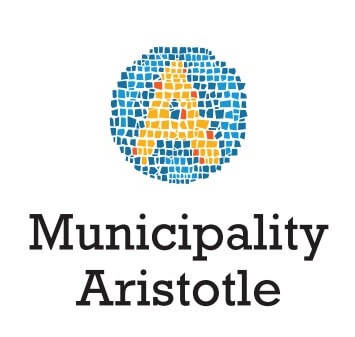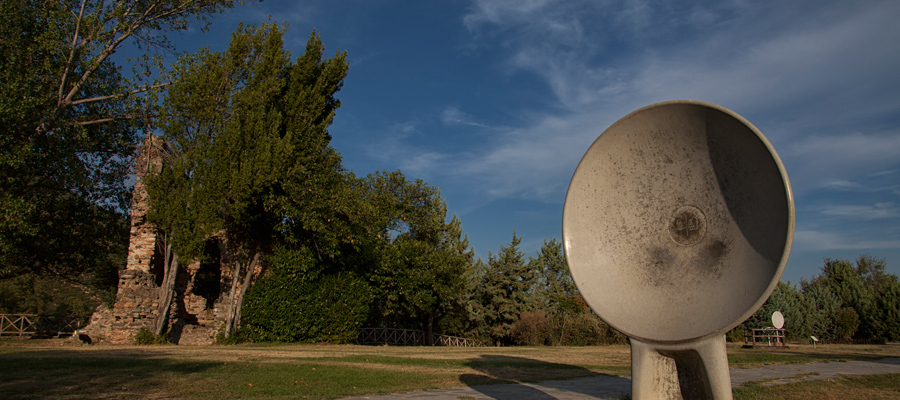Almost all of Aristotle’s works are dated to the period when he directed the Lyceum and are closely connected to his teachings. Although they were in a somewhat draft form, and some have suggested that they were notes either by Aristotle himself or by his students, they are well-structured and possess a literary quality. Some scholars associate the surviving works with the period 335–323 BCE, during which Aristotle resided in Athens, and they base this view, among other things, on the dates referenced within the writings themselves.
Aristotle initially wrote dialogues, likely during his time as a member of the Academy, but eventually began to distance himself from Platonic theories. During his stay in Assos, Mytilene, and Macedonia, he wrote *Organon*, *Physics*, *On the Heavens*, *On Generation and Corruption*, the third book of *On the Soul*, *Eudemian Ethics*, and the earlier parts of *Metaphysics*, *Politics*, and *History of Animals*. During his second stay in Athens, he authored the rest of his works, including *Meteorology*, his treatises on biology and psychology, *Constitutions*, *Nicomachean Ethics*, *Poetics*, *Rhetoric*, and other historical texts, some of which are known only by their titles.
CATEGORIES OF ARISTOTLE’S WRITINGS
Aristotle’s writings are divided into two major categories. The first comprises the **exoteric works**, intended for a general audience. These works lacked detailed scientific terminology and were more literary in nature, often presented as dialogues. They are associated with the early period of Aristotle’s life and show the influence of his teacher.
The second category consists of the **esoteric works**, or treatises, also known as **acroamatic works**. These were lectures or teachings Aristotle used in his lessons, often serving as the basis for oral exposition of certain topics. Copies of these works could be obtained by listeners who also took notes, which were later circulated among a broader readership. These writings are known to us from fragments cited by ancient authors and from three surviving catalogs.
The earliest of these catalogs dates to the 3rd century BCE and is found in the fifth book of *Lives of Eminent Philosophers* by Diogenes Laërtius. It includes 146 titles from the so-called *Corpus Aristotelicum*, the collection of Aristotle’s surviving works. However, the writings available to us today represent only a small portion of those listed in these catalogs. None of the works Aristotle composed during his time at the Academy and aimed at a broad audience have survived. The writings that have reached us date primarily to his second stay in Athens, when he directed the Lyceum.
Among the three ancient catalogs, over 200 titles of works once attributed to Aristotle have been preserved. Of the texts currently available, some have been edited and supplemented by later writers.
When Aristotle passed away, some of his works existed in more or less complete form, while others were fragmented into smaller sections. His manuscripts were kept after his death by Theophrastus, and after the latter’s death, his library ended up in a dark room in the small town of Scepsis in the Troad. There, the partially destroyed manuscripts were discovered by Apellicon of Teos.
The library was later transferred by Sulla to Rome, and Aristotle’s works were first published in the mid-1st century BCE by Andronicus of Rhodes, the eleventh head of the school, and Tyrannion of Asia Minor. Numerous commentators during antiquity and the Middle Ages studied Aristotle’s works, some of whom distorted his thought and added their own interpretations. The earliest commentators focused on highlighting the contrast between Plato and Aristotle, while later, with Porphyry, an effort was made to harmonize the two philosophers. The most important commentators include Alexander of Aphrodisias, Ammonius, Themistius, Philoponus, Simplicius, Boethius, and especially Thomas Aquinas. The first modern edition of Aristotle’s works was by the Berlin Academy in five volumes, edited by Bekker (1831–1870).



